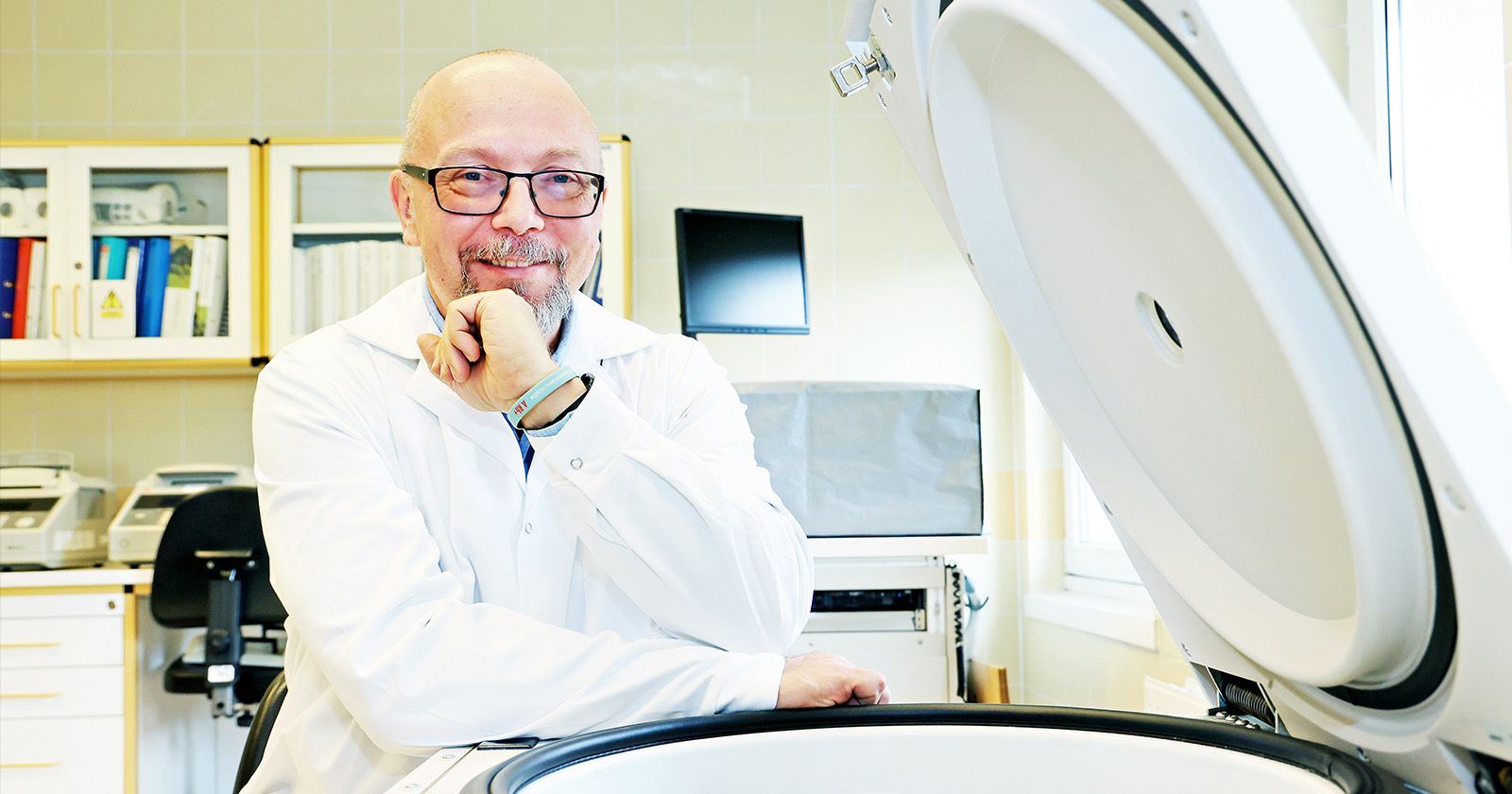 Natural sciences
Natural sciences
NCU’s contribution to a space mission
Prof. Marcin Woźniak, PhD, from the Department of Forensic Medicine at the Collegium Medicum of Nicolaus Copernicus University in Toruń, will analyze microalgae brought back by astronaut Sławosz Uznański-Wiśniewski from the International Space Station (ISS).
“Before the launch, Sławosz Uznański-Wiśniewski said: 'Dear Polish women and men, today we are taking a huge step towards Poland's technological future. Poland based on science, knowledge, and vision. Let this mission be the beginning of an era in which our courage and perseverance shape a modern Poland for ourselves and future generations.' And this is exactly what we are doing today. The research conducted by Prof. Marcin Woźniak is proof that the science carried out at the Collegium Medicum of NCU is becoming part of this great mission," says Dr. Adam Kola, Associate Professor at NCU and Vice-Rector for Research.
Prof. Marcin Woźniak is a scientific advisor to the Wrocław-based company Extremo Technologies, which is carrying out the Space Volcanic Algae experiment. The researchers will assess changes in the physiology, vital parameters, and other aspects of the functioning of two species of extremophilic algae. Gel cultures containing the studied algae were placed in a specially designed device called ICE Cube, which provides them with an optimal amount of light and controls other environmental conditions to ensure that the algae have optimal conditions for photosynthesis and growth. This device was installed on the ISS shortly after the docking of the Dragon capsule and enables the monitoring of the algae's vital functions, such as oxygen production, in real time.
At the end of the mission, the device will return to Earth together with our astronaut, and the algae will undergo a series of tests immediately after landing to determine whether and how their exposure to microgravity has changed them," explains Prof. Woźniak. “My role in this experiment will include conducting genetic, epigenetic, and transcriptomic analyses, that is, sequencing the genomes and RNA from the cells exposed to microgravity and the ISS environment."
The team of scientists will attempt to determine how the genomes of cells that returned to Earth differ from the cells of identical cultures that remained on the planet's surface, whether the pattern of epigenetic modifications has changed, and whether and how the expression of individual genes has been altered. The results of these analyses will be integrated with data obtained from other studies, such as electron microscopy imaging or metabolite analyses, as well as with data collected during the mission from sensors in the ICE Cube device.
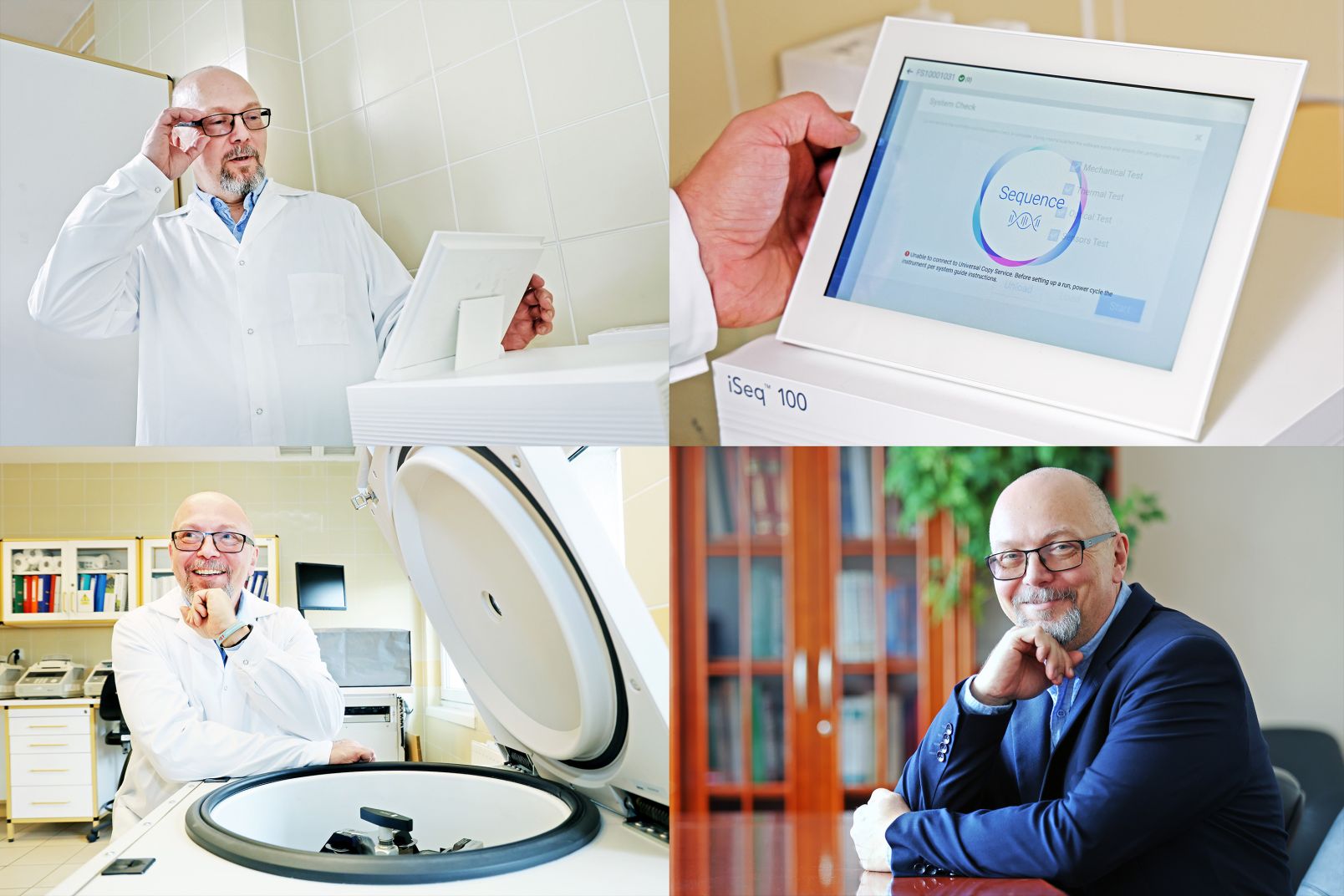
Andrzej Romański
“Together, these data should allow us to assess the potential of extremophiles in terms of their possible use in future space missions as elements of systems for recovering oxygen from the carbon dioxide exhaled by astronauts, for producing nutrients to supplement the diet, and for other applications, the scope of which will depend on the results of the current experiment and subsequent ones already planned," says the scientist from the Collegium Medicum of NCU.
“Sending a sample of life into space shows that there are no limits to human curiosity and courage. The greatest discoveries in the history of science have been born from curiosity and courage, and space missions are the fulfilment of this scientific dream," observes Prof. Adam Kola. “I am proud that at a time when Nicolaus Copernicus University is developing towards becoming a truly research-oriented university, we can be part of such a spectacular success as the space mission of Sławosz Uznański-Wiśniewski."
Ignis is the first Polish technological and scientific mission to the International Space Station. During his 14-day stay in space, astronaut Sławosz Uznański-Wiśniewski will conduct 13 scientific experiments and implement an extensive educational programme for children and youth. The Polish astronaut will carry out research in microgravity conditions, concerning, among other things, astronaut health, the microbiome, new materials, and technologies, including the use of artificial intelligence.
Useful links:
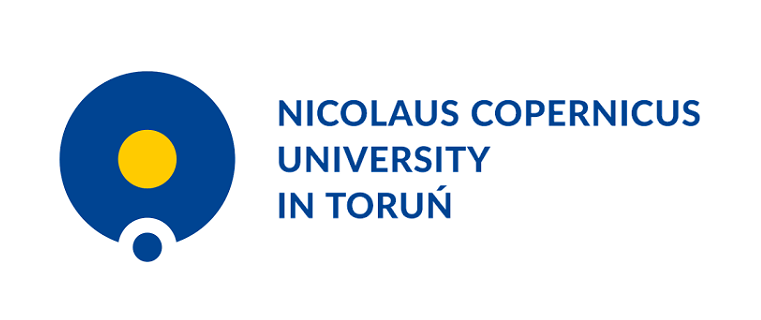 NCU News
NCU News






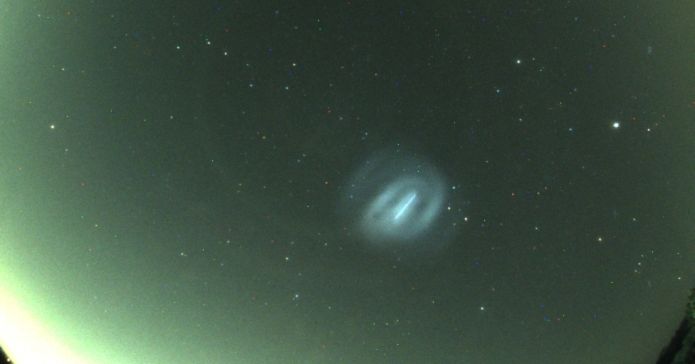 Exact sciences
Exact sciences
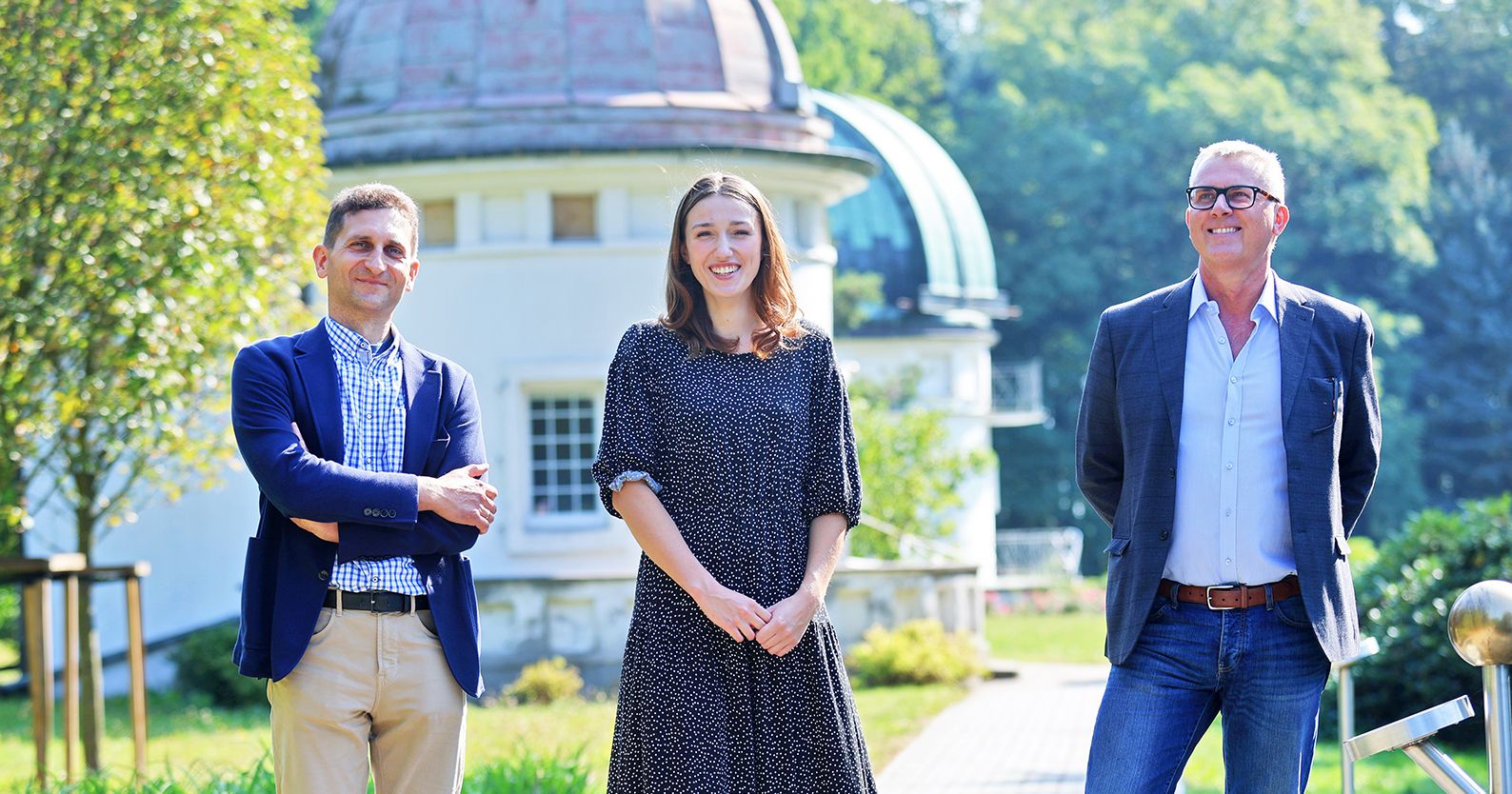 Exact sciences
Exact sciences
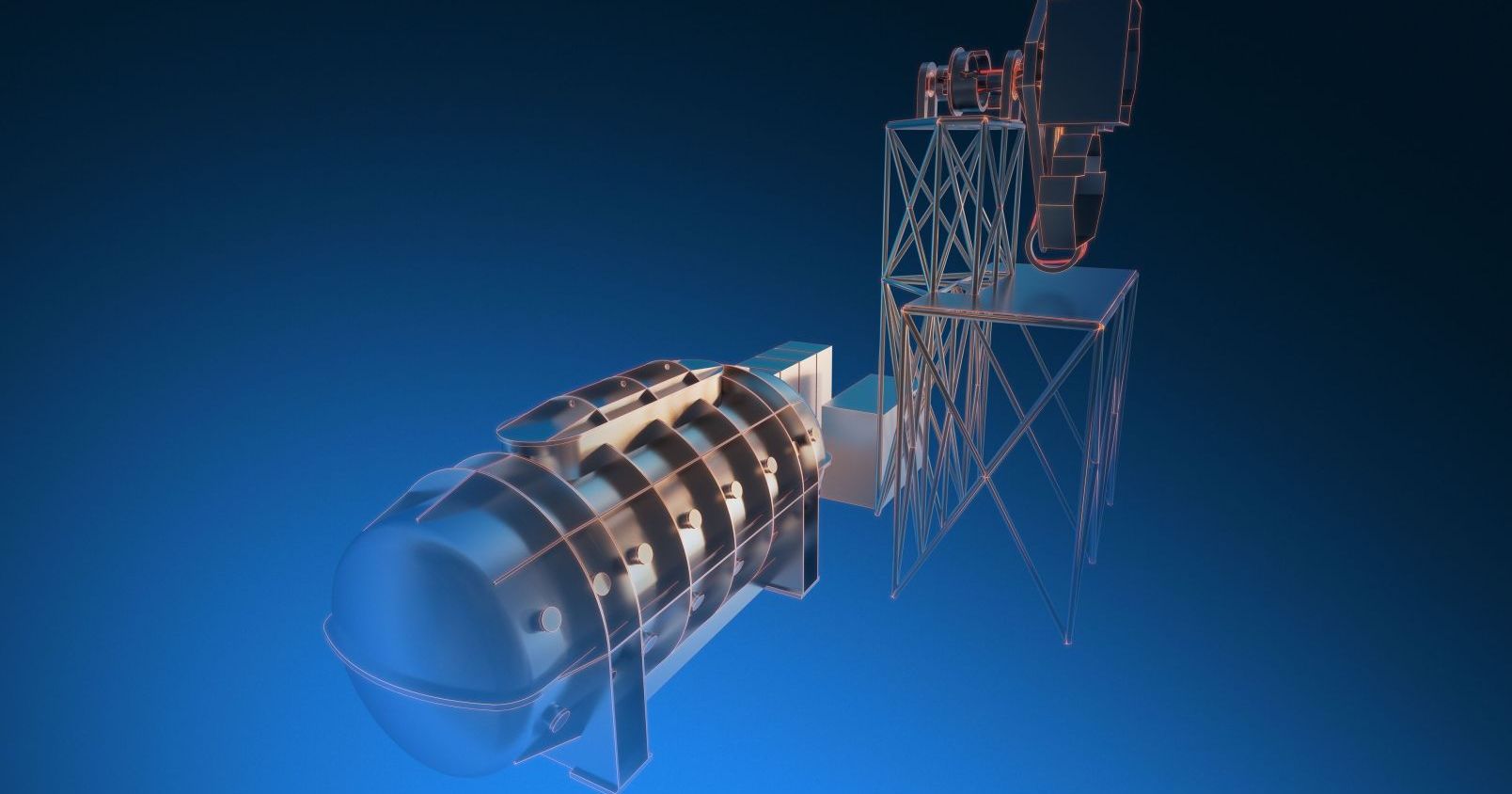 Exact sciences
Exact sciences
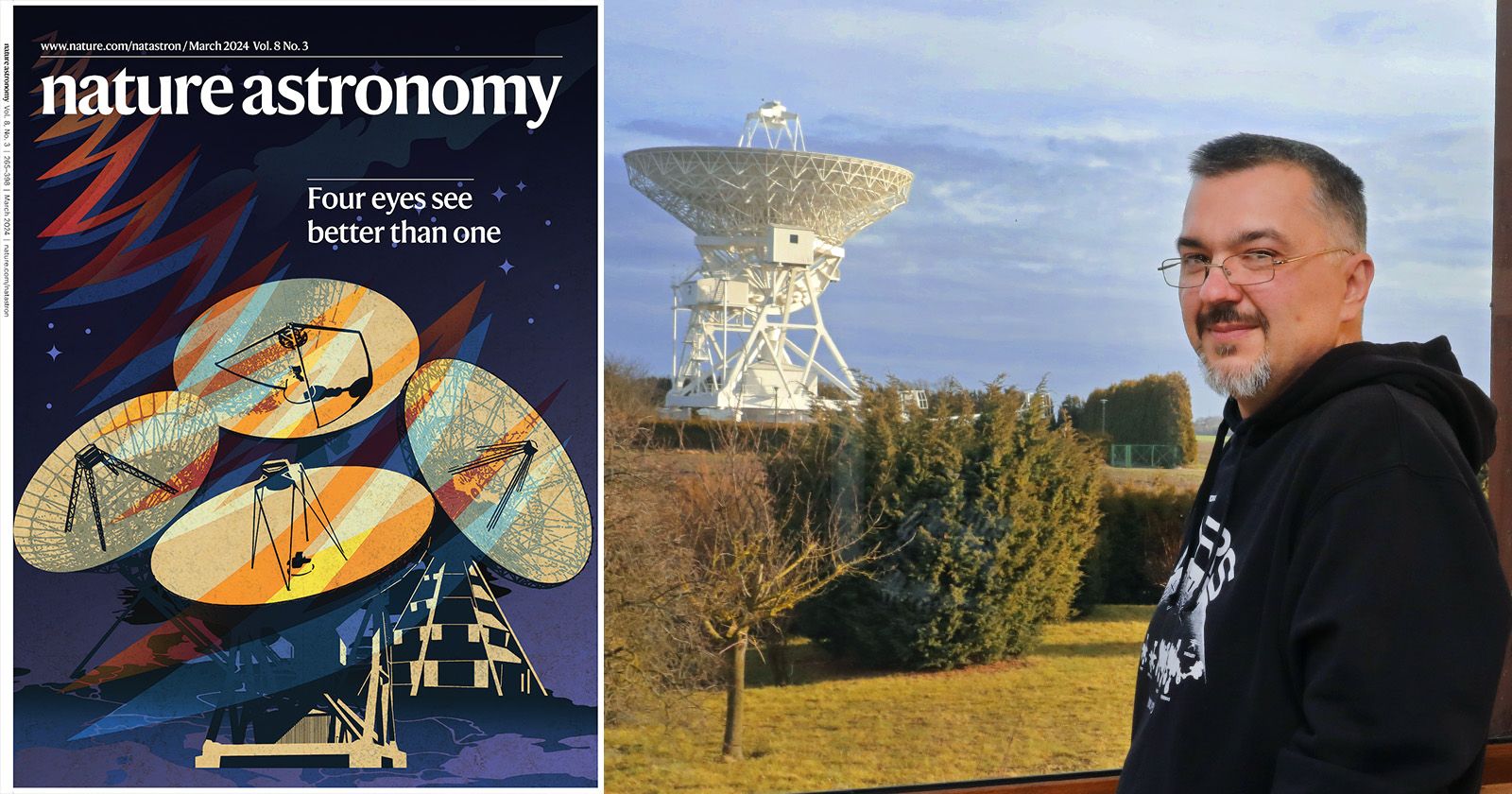 Exact sciences
Exact sciences

 Exact sciences
Exact sciences